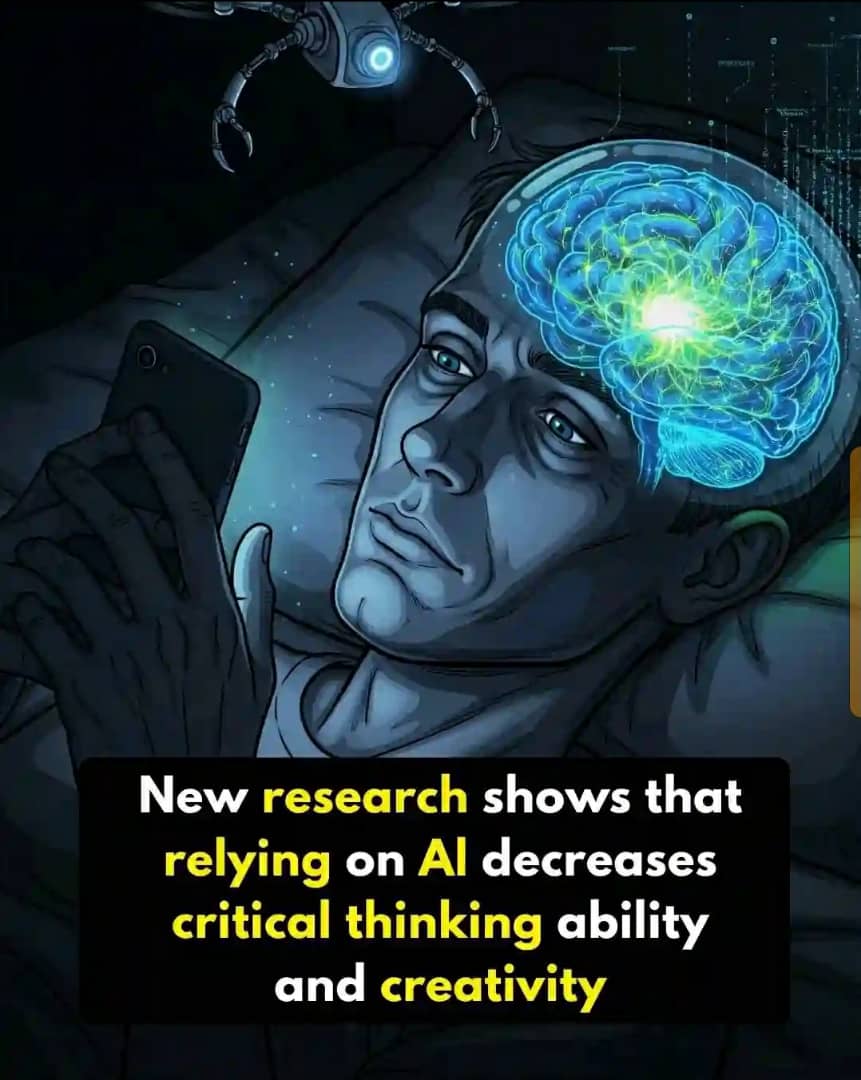Physical Address
304 North Cardinal St.
Dorchester Center, MA 02124
Physical Address
304 North Cardinal St.
Dorchester Center, MA 02124

e’ve all been there: you’re working on a project, hit a tricky question, and instead of wrestling with it yourself, you let ChatGPT, Copilot, or another AI tool give you the answer. It’s fast. It’s easy. And honestly, it often works pretty well.
But here’s the catch — new research from Carnegie Mellon University and Microsoft suggests that this growing reliance on AI might be quietly chipping away at one of our most important abilities: critical thinking.
In their study, researchers followed 319 knowledge workers — a group that included everyone from software developers to social workers — and examined more than 900 real-world cases of AI use. A clear pattern emerged: the more trust people placed in AI, the less critically they tended to think, especially when the task was routine or low-stakes. On the flip side, workers who approached AI with healthy skepticism — questioning its output, cross-checking facts, and thinking through alternatives — stayed more mentally engaged.
Why does this matter? Because critical thinking isn’t just an academic buzzword. It’s the foundation for problem-solving, creativity, and sound decision-making. When we let AI do the heavy lifting too often, we’re not just saving time — we might be letting our “thinking muscles” weaken from lack of use. Over time, that mental atrophy could leave us less equipped to tackle complex challenges without digital assistance.
The study even found that AI-reliant workers often produced results that were less diverse and imaginative compared to those working without AI. That’s right — the very tool that can generate endless possibilities might actually be narrowing our creative range if we lean on it too heavily.
This doesn’t mean we should ditch AI altogether. Far from it. AI is an incredible tool for speeding up workflows, processing massive amounts of information, and even sparking new ideas. But just like a calculator can’t replace a solid grasp of basic math, AI shouldn’t replace the habit of thinking critically about the work we’re doing.
The takeaway? Treat AI like a powerful partner, not an unquestioned authority. Use it to accelerate, not automate, your thinking. Ask follow-up questions. Challenge its suggestions. Add your own perspective. Because in a world where AI is everywhere, the ability to think deeply, independently, and creatively is going to be one of our most valuable human skills.